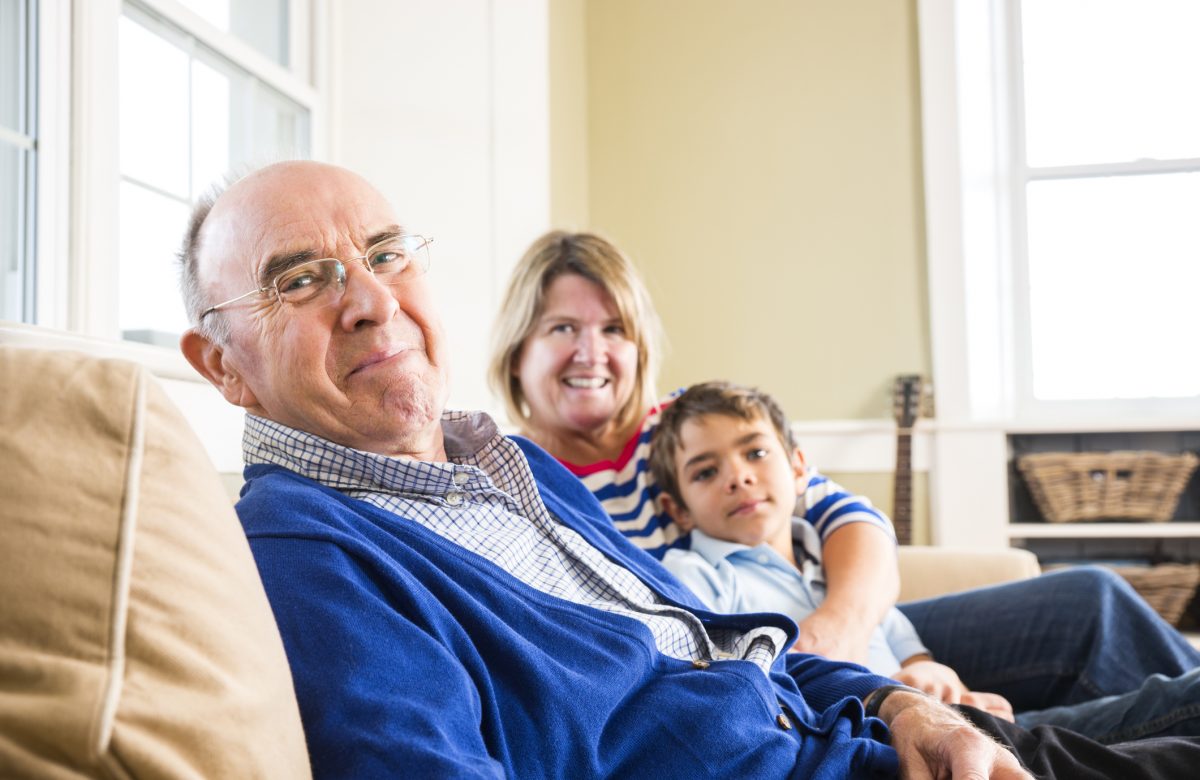By the time you retire and decide to stop working, your income will be greatly affected as well as your lifestyle. You will lose your regular income stream from your salary, and you have to rely on age pension, or if you have managed to invest early on, you can access your superannuation funds.
But not all Australian seniors have managed to save enough money to make sure that their retirement will be comfortable. Based on a survey published by Mortgage Choice, 3 out of 5 Australians feel they don’t have enough money for retirement.
[ RELATED POST: You don’t need to keep working until 70! ]
After years of working hard and paying your mortgage, you may have enough home equity or even achieve full ownership of your home. One common solution for retirees who need additional cash is to sell their homes. Aside from looking for a new place to live, there are also financial and emotional factors that you need to consider before you sell your home outright.
Selling Your Home Will Affect Your Social Security
Bear in mind that your age pension entitlement will depend on the income you receive (income test) and the value of your assets (assets test). Hence, selling your home will have an effect on the amount of pension you can receive from the government.
Under the assets test, your home and the land it is built on are not counted. If you decide to put your home on the market, the proceeds will be exempted from the assets test for a year, as long as you are planning to buy another home. But take note that the proceeds from the sales of your home will be counted under the income test.
For example, a 68-year-old widow from Sydney decides to sell her home after her husband died and her children moved out. She is expecting to sell her family home for $750,000, buy a smaller apartment for $400,000 and have $350,000 spare cash. After selling her home, the $350,000 was counted on the assets test, which has resulted to lower pension.
You Can Enjoy a More Comfortable Retirement in Your Own Home
Selling your home where you have raised your children and made good memories with your loved ones can be stressful and often difficult for retirees. There’s no place like home, and it will help Australian seniors to spend their retirement years in the comfort of their neighborhood. Some retirees become unhappy after choosing to downsize and live in retirement villages. And once you sell your home, it is gone. It will difficult to find another place or buy your own home again.
In addition, the Australian Government recognises that many Australian seniors prefer to stay in their own homes as long as they can. That is why the government is now improving its aged care system in order to support older Australians to stay at home longer.
Reverse Mortgage as an Alternative to Downsizing
Instead of selling your own home and moving into a smaller apartment and in an unfamiliar neighborhood, you can try getting a reverse mortgage that will allow you to unlock the funds you need and still enjoy the comforts of your own home.
Through a reverse mortgage, you can borrow money using your home as a collateral. You have an option to take the loan as a lump sum, a line of credit, a regular income stream, or combination of these options. One of the advantages of a reverse mortgage is it doesn’t require a specific income to qualify, unlike other loans.
[ RELATED POST: The Advantage of Taking a Reverse Mortgage Now ]
You also don’t need to make repayments while you are still living in your home. You can stay at your home for as long as you want and the only downside is that interest compounds over time. The loan must be paid in full once you sell your home, move to an aged care, or when you pass away.
Consult a Mortgage Broker Today
Selling the family home or taking a reverse mortgage are important concerns that you should not decide on a rush. Be sure to consult a financial adviser who specializes in retirement planning and reverse mortgage products. For expert mortgage advice, call Seniors First on 1300 745 745 or send an email to [email protected].



Interest rates far too high.
Hi David, thanks for the comment. Reverse Mortgage interest rates do seem high at the momment compared to recent the all time lows arising from COVID emergency settings, however they are actually near the long-term average. This article might help provide historical context https://seniorsfirst.com.au/reverse-mortgage/high-or-low-the-historical-reality-of-interest-rates-in-australia/
[…] This can help put any likely interest cost of a Reverse Mortgage in context. It’s essential to understand that Reverse Mortgages become most costly if you withdraw a large sum early on, maintain the loan for a very long duration, AND you don’t make any payments on interest. For those who gradually draw down funds or intend to have the loan for a relatively short term ( 5-10 years), costs are often reasonable, and may be better than downsizing. […]